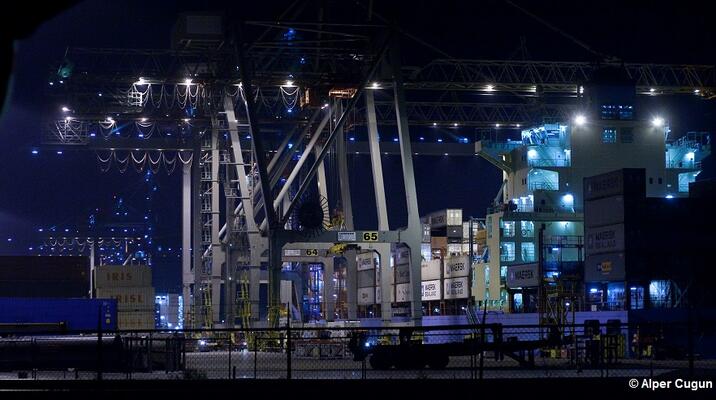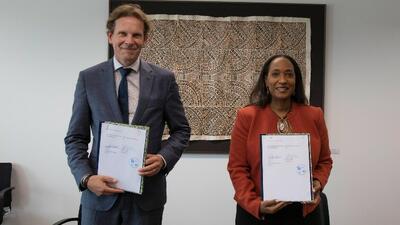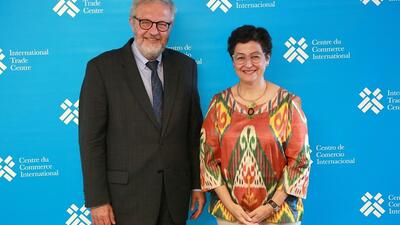
One-third of European Union firms face export obstacles, joint ITC-EU study finds
(Brussels-Geneva) – More than one-third of European Union companies face obstacles in the form of non-tariff measures (NTMs) when they export their goods, according to a report published today by the International Trade Centre (ITC) and the European Commission.
The report, Navigating Non-Tariff Measures: Insights from a business survey in the EU, is an unprecedented business survey carried out by ITC in 2015 and 2016 covering more than 8,000 companies across the 28 EU member states, mostly small and medium-sized enterprises (SMEs). In a period when global trade flows are growing at a historically low pace, the report provides new information on potential obstacles to trade from a developed economy perspective that could serve as a benchmarking tool to better tailor trade policies and trade assistance – in the EU and elsewhere.
The report sheds new light on how NTMs applied by the EU’s main trading partners seen through the eyes of EU exporters. It reveals that 80% of obstacles are found in partner countries, but that 20% are linked to national and EU regulations. This suggests that more could be done to facilitate trade with EU partners and further streamlining of export formalities could help EU exports.
Specifically EU exporters report that they encounter difficulties in meeting technical and conformity assessment requirements related to technical barriers to trade (TBT) and sanitary and phytosanitary measures (SPS) imposed by partner countries. They also raise a number of issues related to procedures for obtaining preferential and non-preferential certificates of origin, as well as with the procedures for compliance with EU or home country regulations.
Regulatory obstacles
The study points out, though, that the types of regulatory obstacles encountered by EU firms do not differ much from those recorded in similar surveys conducted in developing countries where, on average, half of companies report facing burdensome regulations.
Another key finding of the report is that, in the majority of cases, the burden is entirely or partially due to procedural obstacles – such as approval procedures or information and transparency issues) – rather than to the stringency of the regulations themselves. The process of obtaining the necessary certificates often ends up being long and burdensome. Surprisingly those impediments are not only encountered in the EU member states where most trade procedures happen, but also in the partner countries. Such procedures seem particularly challenging in developing economies where they depend on local capacities and trade facilities.
In a nutshell, the survey results confirm the essential role of the EU’s negotiating agenda and implementation work in order to facilitate international trade through regulatory cooperation and approximation, trade facilitation, and promotion of transparency. It also confirms the importance of the Commission's and ITC’s joint support to exporters – in particular SMEs – in navigating NTMs that apply across markets. This includes initiatives such as the Commission’s Market Access Database, ITC’s Market Access Map and the Trade and Investment Facilitation Mechanism for the Euro-Mediterranean region.
In addition to providing new insights into facilitating trade between developing countries and the EU, Navigating Non-Tariff Measures complements previous ITC surveys on NTMs in developing countries. It gives a snapshot of results and set the basis for deeper analysis, for instance for specific sectors or export destinations, to fully exploit the richness of the information gathered.
Download Navigating Non-Tariff Measures: Insights from a business survey in the EU
Learn more about ITC’s Programme on NTMs.















